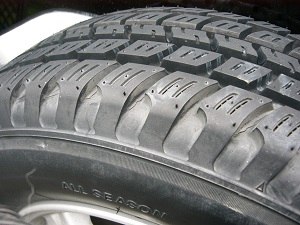Winter Tires – Yea or Nay?
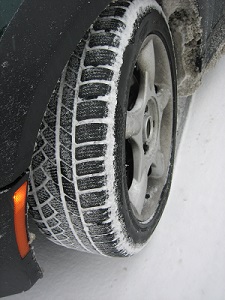
Winter Tires? Or All-Season Tires?

Are All-Season Tires Really All-Season?
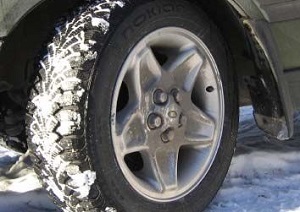
What Makes All-Season Tires So Great?
So your closet has a pair of flip-flops for the summer, a pair of heavy boots for the winter, and a comfortable pair of sneakers for most of the rest of the year. If you live in a climate that doesn’t have harsh winters, you might just be able to wear those sneakers year-round...and all-season tires are the equivalent of your comfortable sneakers.
So what makes all-season tires so special?
Winter tires are excellent for severe conditions like heavy snow and even ice. They feature specially-designed tread patterns and “sipes”, hundreds of tiny slits which offer biting edges for traction in snow. This means shorter stopping distances, better handling and better control in winter weather. Winter tires are not d
esigned for temperatures above 40 degrees Fahrenheit. The dow ...[more]
Is it Time for New Tires?
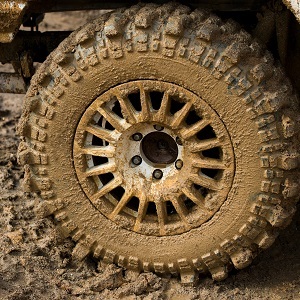 Your tires are the only part of your vehicle that come into physical contact with the road, making proper tire maintenance a crucial element of driver safety. With the ability to stop, start, and transport us wherever we wish to go, having well maintained tires can mean the difference between a pleasant Sunday drive and a Sunday spent in the shop. There are three crucial components to consider when deciding if it is time to replace your tires: your normal driving conditions, tread wear, and the age of your tires.
Your tires are the only part of your vehicle that come into physical contact with the road, making proper tire maintenance a crucial element of driver safety. With the ability to stop, start, and transport us wherever we wish to go, having well maintained tires can mean the difference between a pleasant Sunday drive and a Sunday spent in the shop. There are three crucial components to consider when deciding if it is time to replace your tires: your normal driving conditions, tread wear, and the age of your tires.Determining the Age of a Tire
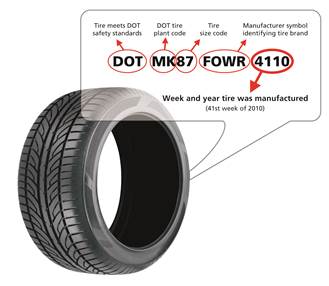 When it comes to determining the age of a tire, it is easiest to identify when the tire was manufactured by reading its Tire Identification Number (often referred to as the tire’s serial number or DOT number). Unlike vehicle identification numbers (VINs) and the serial numbers used on many other consumer goods (which identify one specific item), Tire Identification Numbers are really batch codes that identify several components.
When it comes to determining the age of a tire, it is easiest to identify when the tire was manufactured by reading its Tire Identification Number (often referred to as the tire’s serial number or DOT number). Unlike vehicle identification numbers (VINs) and the serial numbers used on many other consumer goods (which identify one specific item), Tire Identification Numbers are really batch codes that identify several components.

